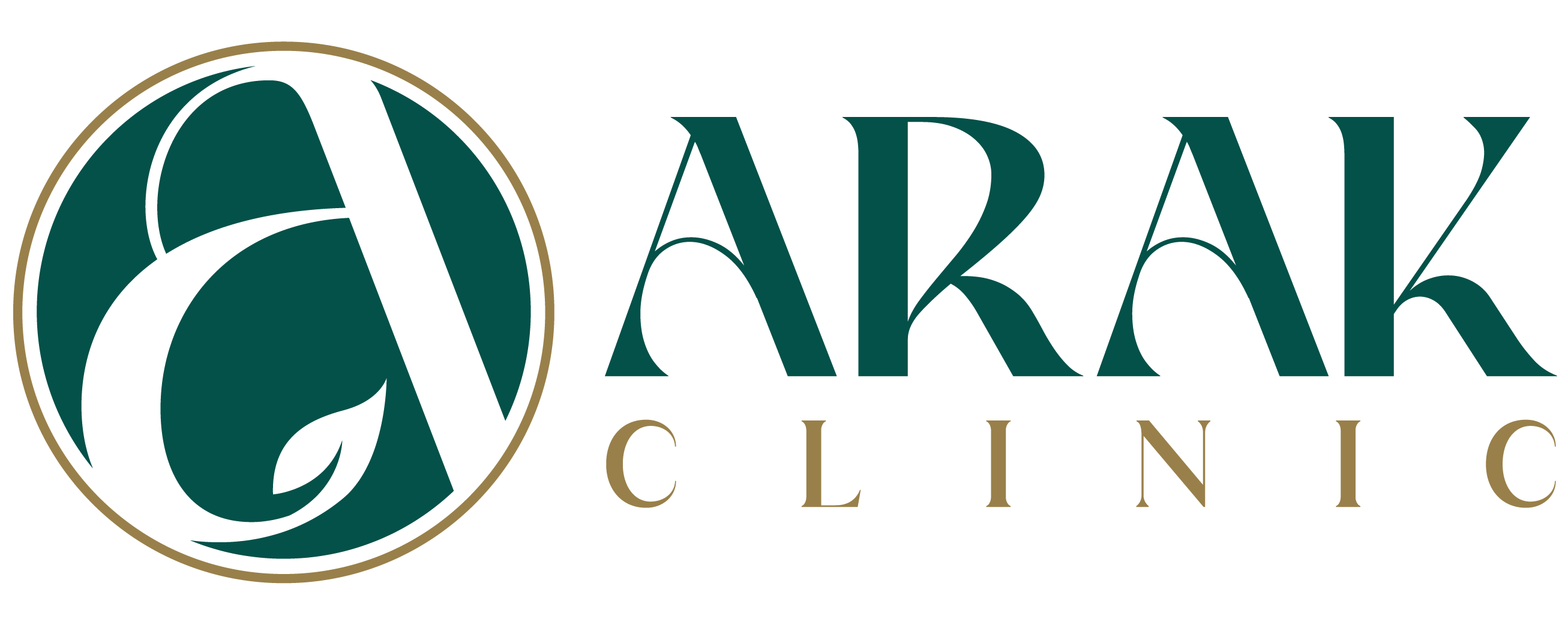Plastic surgery has become increasingly popular in recent years, with millions of individuals worldwide seeking cosmetic enhancements to improve their appearance and boost their self-confidence. While the physical transformations associated with plastic surgery are often highlighted, it’s essential to recognize the psychological factors that drive patients to undergo these procedures and understand their motivations and expectations. In this article, we delve into the psychology of plastic surgery, exploring the complex interplay between personal motivations, societal influences, and emotional well-being.
Understanding Patient Motivations:
The decision to undergo plastic surgery is deeply personal and influenced by a myriad of factors, including individual insecurities, societal beauty standards, and life events. For many patients, plastic surgery represents an opportunity to address long-standing concerns about their appearance and achieve a more harmonious balance between their internal self-image and external presentation. Common motivations for seeking plastic surgery include:
Correcting perceived flaws or imperfections, such as asymmetrical features, prominent facial wrinkles, or disproportionate body contours.
Enhancing physical attractiveness and restoring a more youthful appearance.
Improving self-esteem and confidence in social and professional settings.
Addressing functional concerns, such as breathing difficulties or physical discomfort.
Managing Expectations:
While plastic surgery can yield transformative results, it’s essential for patients to have realistic expectations about the outcomes and limitations of their chosen procedures. Unrealistic expectations can lead to disappointment and dissatisfaction post-surgery, highlighting the importance of clear communication between patients and their plastic surgeons. During the consultation process, plastic surgeons should take the time to thoroughly discuss the potential benefits and risks of each procedure, manage patient expectations, and address any concerns or anxieties. By fostering open and honest communication, patients can make informed decisions about their treatment plans and feel confident in their surgical outcomes.
Navigating Societal Pressures:
In today’s image-conscious society, individuals are often bombarded with idealized portrayals of beauty through media, advertising, and social media platforms. These unrealistic beauty standards can contribute to feelings of inadequacy and drive individuals to seek cosmetic enhancements to conform to societal norms. Plastic surgery offers a means of attaining these idealized standards and may provide a sense of validation or acceptance in a competitive and appearance-focused world. However, it’s crucial for patients to recognize that true beauty transcends physical appearance and encompasses qualities such as confidence, resilience, and authenticity.
The decision to undergo plastic surgery is multifaceted, influenced by a combination of personal, social, and psychological factors. By understanding the motivations and expectations of patients, plastic surgeons can provide compassionate and individualized care that addresses both the physical and emotional aspects of cosmetic enhancement. At Arak Clinic, we prioritize the holistic well-being of our patients and strive to create a supportive and empowering environment where individuals can explore their aesthetic goals with confidence. Contact us today to schedule a consultation and begin your journey towards enhanced beauty and self-assurance.








